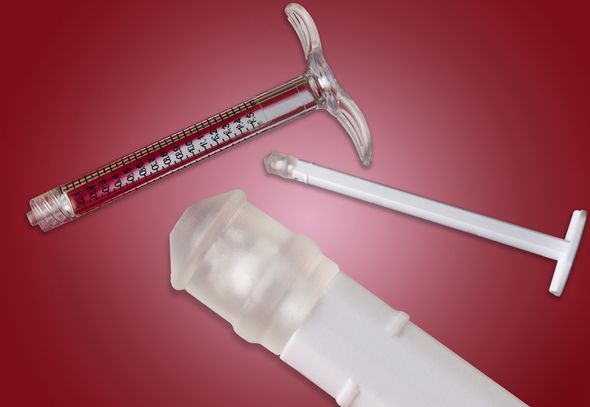 Spanning 15 to 80 Shore A Hardness Range, Medalist MD-200 series from Teknor Apex exhibits low compression set in rubber-replacement applications like stoppers, seals, and gaskets.
Spanning 15 to 80 Shore A Hardness Range, Medalist MD-200 series from Teknor Apex exhibits low compression set in rubber-replacement applications like stoppers, seals, and gaskets.A series of thermoplastic vulcanizate (TPV) elastomers spanning a wide range of hardness levels exhibits high purity and resilience for replacing rubber in medical applications and provides performance and processing advantages over other thermoplastic elastomers (TPEs), it was announced today by Teknor Apex Company, which is highlighting the compounds at MD&M East.
Medalist MD-200 Series elastomers range from ultra-soft 15 Shore A compounds to 80 Shore A grades, avoid need for pre-drying because they are non-hygroscopic, and have a light natural color that permits efficient use of colorants. All grades have been certified to pass ISO 10993-5 and are Drug Master File listed with the U.S. Food and Drug Administration. The compounds contain none of the extractable heavy metals commonly used in the curing of thermoset rubber. Because they exhibit lower oxygen absorption than non-vulcanizate TPEs, they afford greater protection of pharmaceutical contents when used in seals or gaskets for vials.

“The TPV technology for the MD-200 series is one of multiple polymer chemistries employed by Teknor Apex in developing our Medalist family of medical elastomers,” said Keith Saunders, senior market manager for the Thermoplastic Elastomer Division. “We uniquely manufacture our TPV compounds ‘from scratch,’ starting with polymers and all other basic ingredients, rather than using a masterbatch intermediary.”
This focus on fundamentals enables Teknor Apex scientists to optimally formulate compounds to meet the most demanding requirements in the healthcare market, according to Saunders. “With the broadest technology portfolio of medical-grade TPE-O, TPE-S, TPE-V, TPE-U, and engineering alloys, we are best suited to provide practical alternatives to suppliers in the medical TPV field that have announced their withdrawal from the market.”
As TPVs, Medalist MD-200 compounds exhibit greater resilience than other TPEs, perform well in high-temperature end uses, and are more chemical-resistant. They can be sterilized in steam, autoclave, or gamma irradiation processes. Like all thermoplastics, they process more easily and quickly than rubber, offer greater design freedom, and are recyclable. Most grades in the series adhere well to polypropylene in over-molding.
Used commercially as a replacement for thermoset rubber in syringe stoppers, Medalist MD-200 compounds have been shown to meet the requirements of ISO 7886 for single-use hypodermic syringes and exhibit a low coefficient of friction for consistent travel force in glass and polypropylene barrels.


